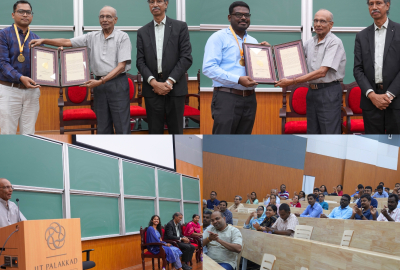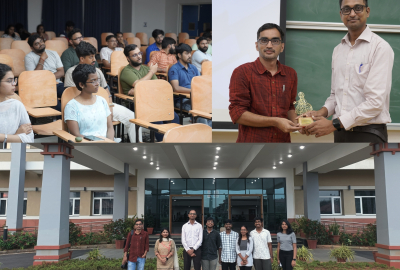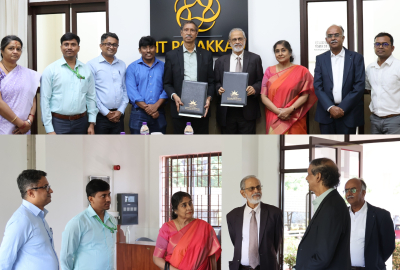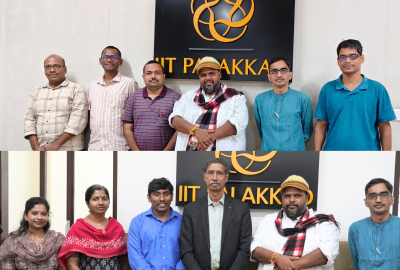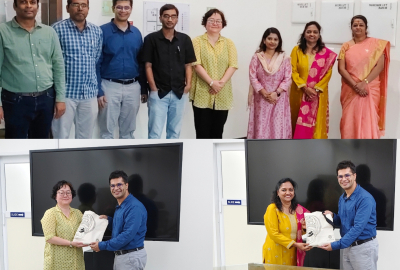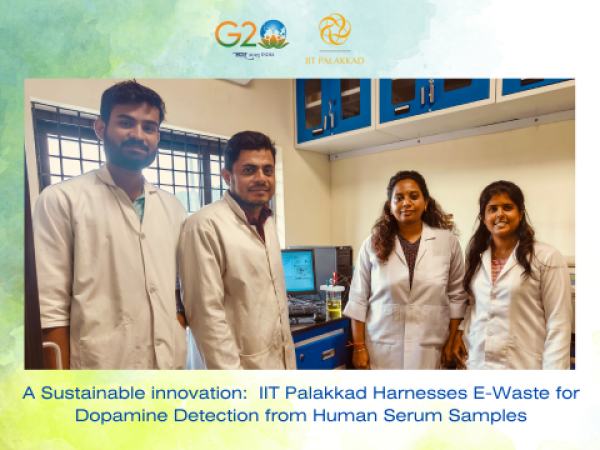
Studies from IIT Palakkad find an Efficient utilization of E-Waste as an electrochemical sensing platform for the detection of dopamine from human serum samples
In a world grappling with the ever-growing problem of electronic waste or e-waste, a team of researchers from the Indian Institute of Technology Palakkad has stepped up with a groundbreaking solution. The team led by Dr. Abdul Rasheed P, a Ramalingaswami fellow in Biological Sciences and Engineering, along with Dr. Praveena Gangadharan, an Assistant Professor in Civil Engineering, have pioneered a remarkable way to put e-waste to good use. The team developed an electrochemical sensing platform from E-waste for the detection of dopamine from human serum samples.
The team used discarded liquid crystal display (LCD) panels from broken laptops and desktops, which were then cut down to certain dimensions and modified using titanium-based MXenes to improve their conductivity. These MXene-modified LCDs act as electrodes in the electrochemical sensing system. The developed sensor can be applied for the sensing of other biomolecules as well after making some minor chemical modifications on the LCD electrode.
This innovative study of IIT Palakkad has been featured in the ACS Sustainable Engineering and Chemistry journal. The team has filed for an Indian patent to protect their innovation. The project is funded by the DBT Ramalingaswami fellowship. The research group included Mr. Vaishag PV and Ms. M Mufeeda, Research Assistants from Dr. Abdul Rasheed’s group, and Ms. Sabarija A Mohandas, Ph.D. scholar working under Dr. Praveena Gangadharan.

